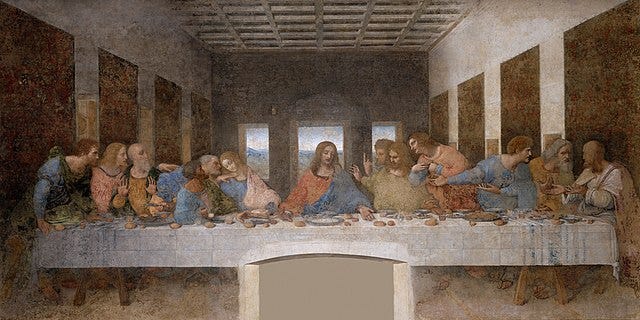One of the most fascinating insights I had in my education for the diaconate is the understanding of the meaning of the word ‘liturgy’. Liturgy (leitourgia) is a Greek composite word meaning originally a public work, a service to the people undertaken by a citizen. The meaning of the word liturgy was extended to cover any general service (work) of a public kind. In Christian use, liturgy came to mean the public official service (work) of the Church.
When I read in this week’s Gospel John 6: 24-35 that the people asked Jesus ‘What must we do, to be doing the works of God?’ and then Jesus’ reply ‘This is the work of God, that you believe in him who he has sent.’ I understood that attending ‘Church Liturgy’ is demonstrating that you believe that Jesus, is the ‘one sent by God’ and that it is performing a ‘work of God’.
When we participate in the liturgy, we are not merely attending a service; we are actively engaging in the work of God. This profound realization reshapes our understanding of worship. It transforms it from a passive experience into a dynamic act of faith and commitment.
In the liturgical celebration, our prayers, hymns, and actions unite with the divine purpose, aligning us with the mission of Christ. This understanding elevates our role within the church, reminding us that each act of worship is a step in our collective journey of faith, a public testimony of our belief in Jesus as the one sent by God.
This insight has also transformed the way I view the faithful older members of our congregation. Instead of seeing them as retirees with nothing to do, I now see them in a new light. Like Anna and Simeon in the temple, these devoted individuals are diligently participating in the work of God.
Their consistent presence and unwavering faith serve as a powerful example and reminder that worship is a lifelong vocation. Their dedication embodies the true essence of liturgy, demonstrating that every moment spent in prayer and service is a testament to their belief in Jesus and their commitment to the work of God.
This understanding extends beyond the formal liturgical setting to our private prayer time as well. While personal prayer may not be liturgy in the strictest sense, it remains a vital work of God. It is an intimate expression of our faith in the one sent by God, reinforcing our connection to the divine and deepening our spiritual journey.
In our hectic world, as we rush from one task to another, it’s easy to think that pausing to pray takes away from our productivity. However, stopping to say a prayer, contemplate, or practice Christian meditation is actually a profound form of God’s work. It is also an investment in our spiritual well-being and aligns us more closely with God. Whether in communal worship or solitary prayer, every act of devotion contributes significantly to the ongoing mission of the Church and deepens our relationship with God.





So many people nowadays claim to be spiritual, but not religious. I’ve always wondered what that meant. Are these people outside the church and are not living their Christian life properly? Or do they glorify God in their own way with their own worship routine and discipline?
Or is it an example of us humans judging once again other humans because they don’t follow our own way of praising and glorifying God ? Maybe God doesn’t care how we praise Him as long as we praise Him.
Amen. Well said. Necessary to be heard.